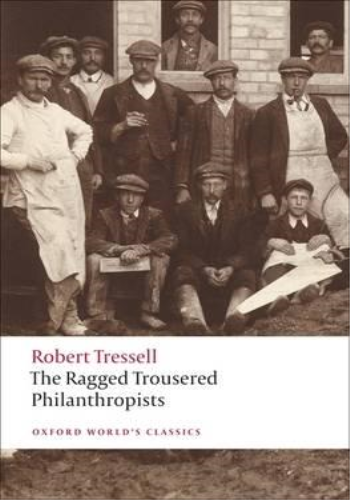'The present system means joyless drudgery, semi-starvation, rags and premature death; and they vote for it and uphold it. Let them have what they vote for! Let them drudge and let them starve!' There is no other novel quite like The Ragged Trousered Philanthropists. George Orwell called it 'a wonderful book'; its readers have become a living part of its remarkable history. Tressell's novel is about survival on the underside of the Edwardian Twilight, about exploitative employment when the only safety nets are charity, workhouse, and grave. Following the fortunes of a group of painters and decorators and their families, and the attempts to rouse their political will by the Socialist visionary Frank Owen, the book is both a highly entertaining story and a passionate appeal for a fairer way of life. It asks questions that are still being asked today: why do your wages bear no relation to the value of your work? Why do fat cats get richer when you don't? Tressell's answers are 'The Great Money Trick' and the 'philanthropy' of an unenlightened workforce, who give away their rights and aspirations to a decent life so freely. Intellectually enlightening, deeply moving and gloriously funny (complete with exploding clergyman), The Ragged Trousered Philanthropists is a book that changes lives. ABOUT THE SERIES: For over 100 years Oxford World's Classics has made available the widest range of literature from around the globe. Each affordable volume reflects Oxford's commitment to scholarship, providing the most accurate text plus a wealth of other valuable features, including expert introductions by leading authorities, helpful notes to clarify the text, up-to-date bibliographies for further study, and much more.







